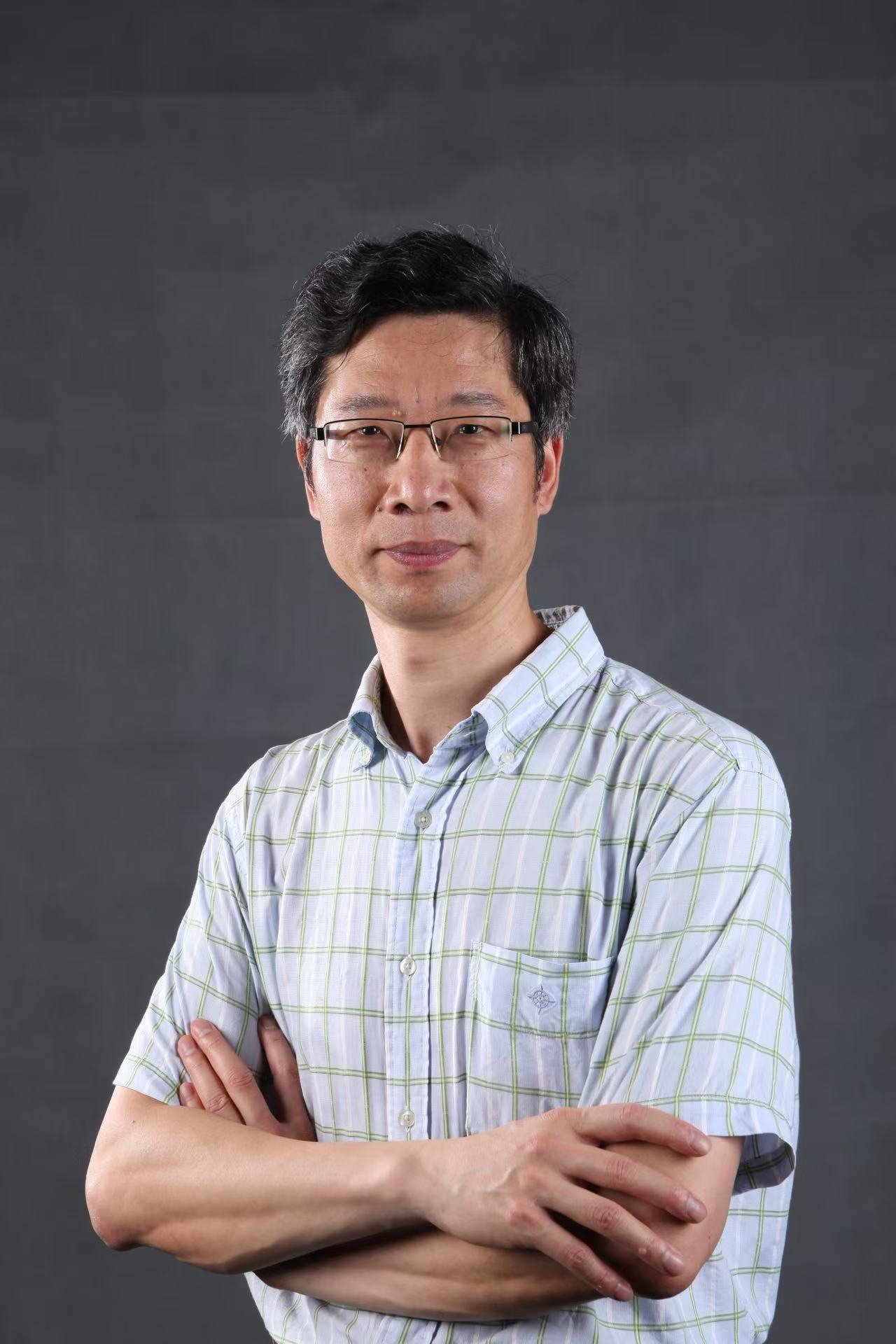Keynote Speeches
Keynote Speech II
Online Learning of Data Streams with Concept Drift
Xin Yao
School of Data Science Lingnan University, Hong Kong SAR, China
Data stream mining is a challenging task because the data come only one or a chunk at a time. An online learner has to learn while operating continuously. Such a scenario occurs in numerous real-world scenarios, e.g., condition monitoring, fault diagnosis, energy consumption, medical tests, financial information, etc. To make the situation more challenging, the underlying distribution of a data stream may change over time (i.e., a concept drift). This talk first introduces the learning-in-the-model-space framework, which can be used effectively to learn noisy and complex data streams. Online fault diagnosis will be used as an example to illustrate how learning-in-the-model-space could facilitate detecting and classifying unknown faults. Then this talk will present an ensemble approach to tackling concept drifts, i.e., adapting the ensemble diversity after a drift is detected in order to learn new concept quickly and accurately. Finally, this talk will describe a new method for detecting both real and virtual drifts more accurately.
Biosketch
 Xin Yao
is the Vice President (Research and Innovation) and the Tong Tin Sun Chair Professor of Machine Learning at Lingnan University, Hong Kong SAR. He is an IEEE Fellow and was a Distinguished Lecturer of the IEEE Computational Intelligence Society (CIS). He served as the President (2014-15) of IEEE CIS and the Editor-in-Chief (2003-08) of IEEE Transactions on Evolutionary Computation. His major research interests include evolutionary computation, neural network ensembles, and multi-objective learning. His recent interests include online learning, class imbalance learning and trustworthy artificial intelligence. His work won the 2001 IEEE Donald G. Fink Prize Paper Award; 2010, 2016 and 2017 IEEE Transactions on Evolutionary Computation Outstanding Paper Awards; 2011 IEEE Transactions on Neural Networks Outstanding Paper Award; 2010 BT Gordon Radley Award for Best Author of Innovation (Finalist); and many other best paper awards at conferences. He received the 2012 Royal Society Wolfson Research Merit Award, the 2013 IEEE CIS Evolutionary Computation Pioneer Award, and the 2020 IEEE Frank Rosenblatt Award.
Xin Yao
is the Vice President (Research and Innovation) and the Tong Tin Sun Chair Professor of Machine Learning at Lingnan University, Hong Kong SAR. He is an IEEE Fellow and was a Distinguished Lecturer of the IEEE Computational Intelligence Society (CIS). He served as the President (2014-15) of IEEE CIS and the Editor-in-Chief (2003-08) of IEEE Transactions on Evolutionary Computation. His major research interests include evolutionary computation, neural network ensembles, and multi-objective learning. His recent interests include online learning, class imbalance learning and trustworthy artificial intelligence. His work won the 2001 IEEE Donald G. Fink Prize Paper Award; 2010, 2016 and 2017 IEEE Transactions on Evolutionary Computation Outstanding Paper Awards; 2011 IEEE Transactions on Neural Networks Outstanding Paper Award; 2010 BT Gordon Radley Award for Best Author of Innovation (Finalist); and many other best paper awards at conferences. He received the 2012 Royal Society Wolfson Research Merit Award, the 2013 IEEE CIS Evolutionary Computation Pioneer Award, and the 2020 IEEE Frank Rosenblatt Award.
 Xin Yao
is the Vice President (Research and Innovation) and the Tong Tin Sun Chair Professor of Machine Learning at Lingnan University, Hong Kong SAR. He is an IEEE Fellow and was a Distinguished Lecturer of the IEEE Computational Intelligence Society (CIS). He served as the President (2014-15) of IEEE CIS and the Editor-in-Chief (2003-08) of IEEE Transactions on Evolutionary Computation. His major research interests include evolutionary computation, neural network ensembles, and multi-objective learning. His recent interests include online learning, class imbalance learning and trustworthy artificial intelligence. His work won the 2001 IEEE Donald G. Fink Prize Paper Award; 2010, 2016 and 2017 IEEE Transactions on Evolutionary Computation Outstanding Paper Awards; 2011 IEEE Transactions on Neural Networks Outstanding Paper Award; 2010 BT Gordon Radley Award for Best Author of Innovation (Finalist); and many other best paper awards at conferences. He received the 2012 Royal Society Wolfson Research Merit Award, the 2013 IEEE CIS Evolutionary Computation Pioneer Award, and the 2020 IEEE Frank Rosenblatt Award.
Xin Yao
is the Vice President (Research and Innovation) and the Tong Tin Sun Chair Professor of Machine Learning at Lingnan University, Hong Kong SAR. He is an IEEE Fellow and was a Distinguished Lecturer of the IEEE Computational Intelligence Society (CIS). He served as the President (2014-15) of IEEE CIS and the Editor-in-Chief (2003-08) of IEEE Transactions on Evolutionary Computation. His major research interests include evolutionary computation, neural network ensembles, and multi-objective learning. His recent interests include online learning, class imbalance learning and trustworthy artificial intelligence. His work won the 2001 IEEE Donald G. Fink Prize Paper Award; 2010, 2016 and 2017 IEEE Transactions on Evolutionary Computation Outstanding Paper Awards; 2011 IEEE Transactions on Neural Networks Outstanding Paper Award; 2010 BT Gordon Radley Award for Best Author of Innovation (Finalist); and many other best paper awards at conferences. He received the 2012 Royal Society Wolfson Research Merit Award, the 2013 IEEE CIS Evolutionary Computation Pioneer Award, and the 2020 IEEE Frank Rosenblatt Award.